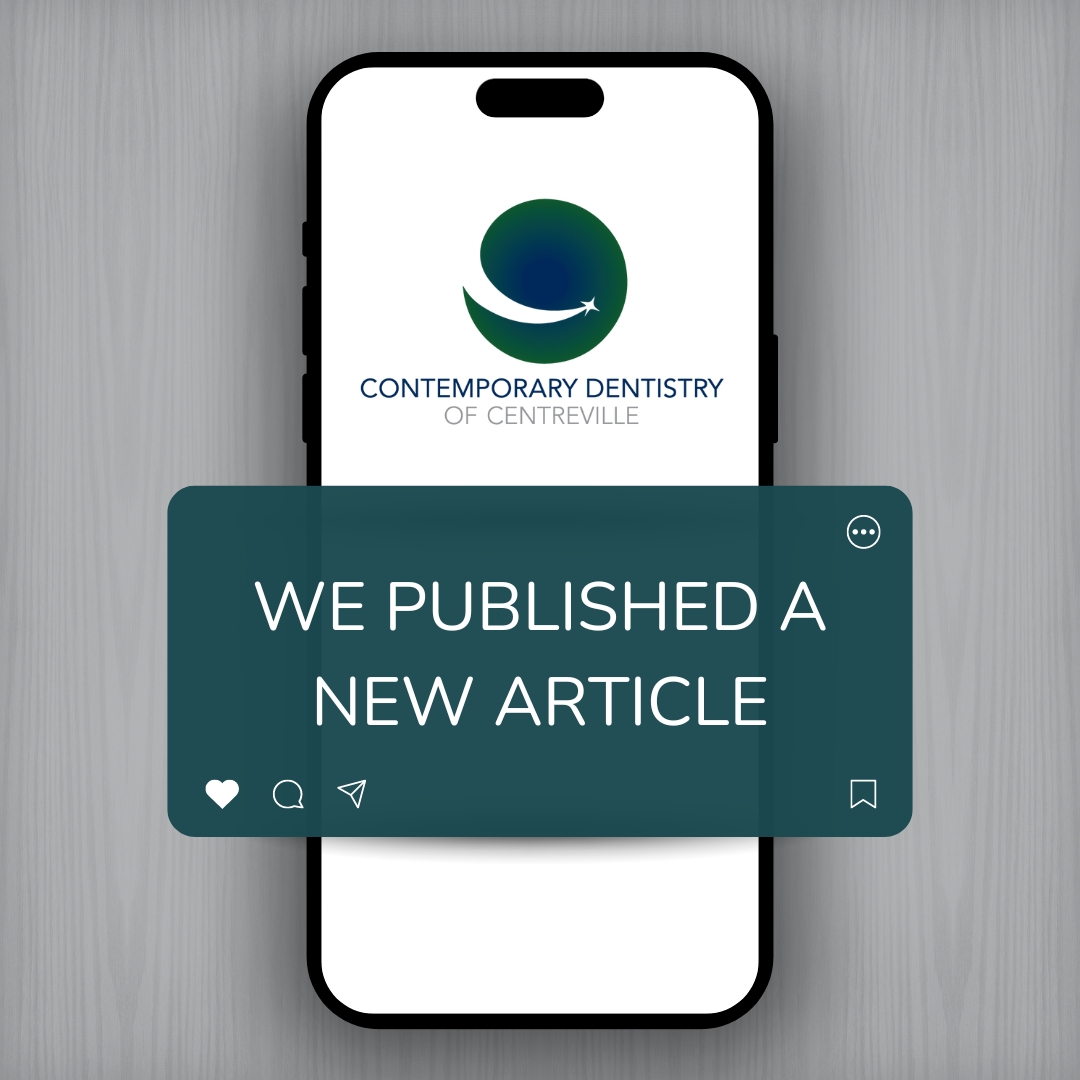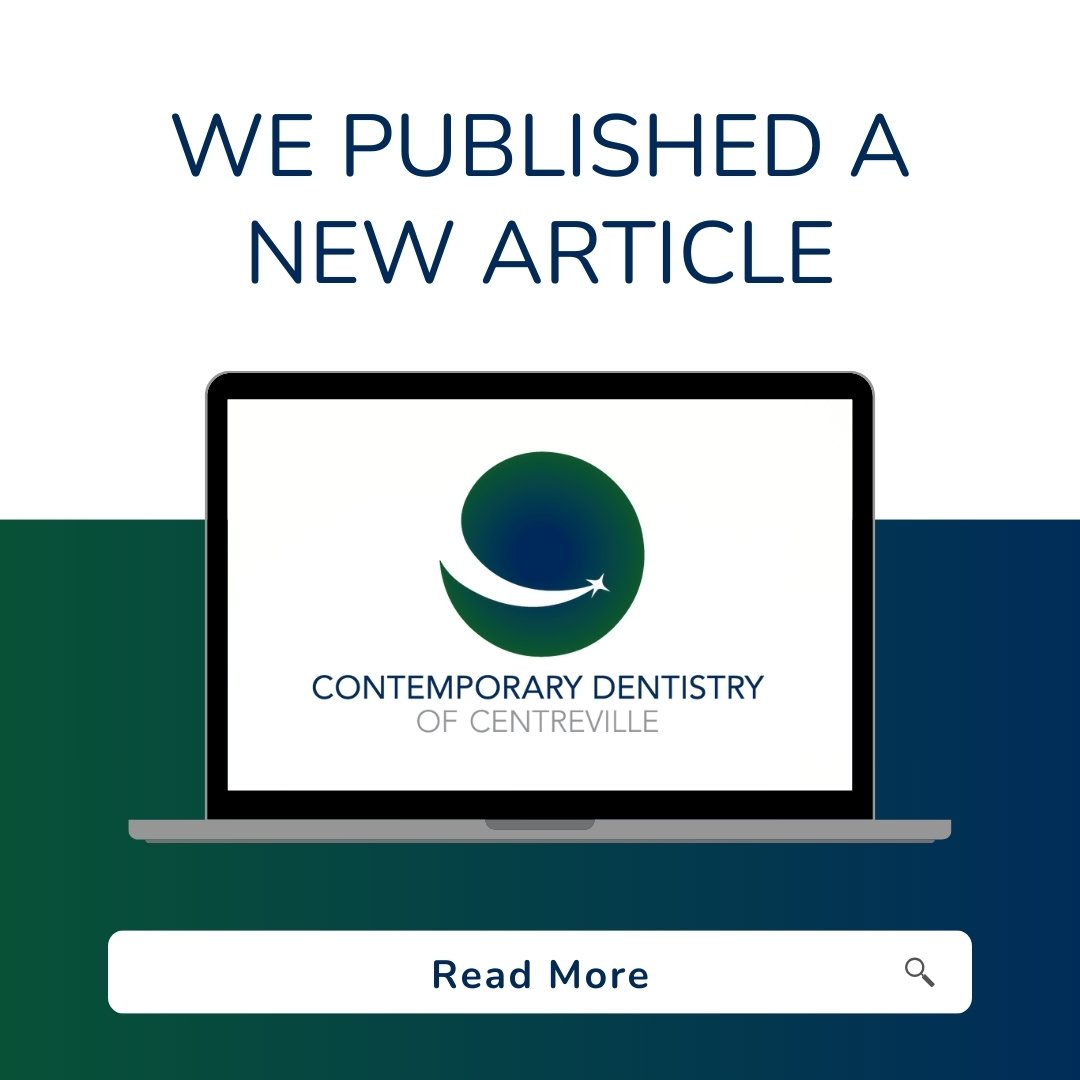
IT IS NOT UNCOMMON for your teeth to lose their luster over time, which is why so many people are interested in whitening them!
Teeth Get Yellow For A Number Of Reasons
Teeth becoming yellow over time is as normal as graying hair–it is a natural part of the aging process. As we get older, our tooth enamel begins to thin due to everyday wear and tear. This causes the layer beneath our enamel, called the dentin, to show more, giving our teeth a more yellow appearance.
There are other factors that can cause teeth to yellow other than aging however, such as:
- Tobacco use
- Food and drink
- Poor dental hygiene
- Dental trauma
- Certain medications
If you want to prevent your teeth from yellowing as best you can, we suggest you change some of your lifestyle habits. If you use tobacco in any form, quit. Consume acidic food and drink in moderation and monitor your intake of beverages that can stain your teeth such as wine, coffee, tea, soda, etc. And as always, brush up on your oral hygiene habits and make sure you’re getting frequent cleanings!
The Way You Whiten Your Teeth Depends On The Stain
There are two types of stains that you can have on your teeth. Surface, or “extrinsic” stains, caused by smoking and diet occur on the surface of the enamel. “Intrinsic” stains are deeper, and happen inside the tooth.
You can remove surface stains on your teeth by using a whitening toothpaste. These kinds of toothpastes usually contain special abrasives that gently polish the teeth as well certain chemicals that can help break down stains. These toothpastes can be tough on tooth enamel, so make sure to always read labels when using them–some should only be used temporarily.
Intrinsic stains can’t be helped by whitening toothpastes. To get that brighter smile, you’ll need to actually change the color of your teeth. You can do this using a bleaching agent. The bleaching agents most products use are hydrogen peroxide or carbamide peroxide. These chemicals break stains into smaller pieces, making their color less concentrated and leaving your teeth much whiter! Some of the most common ways to bleach your teeth are whitening strips and gels, tray-based tooth whiteners and in-office whitening services supervised by a dentist.
We Would Love To See You At Our Office
At our practice, we offer in-office whitening that will get you the white smile you’ve been dreaming of in half the time or less than other whitening options. We will also carefully monitor the whole process to ensure its safety and efficacy.
Or, if you’re looking to use a tray-based whitening system, we can customize your mouthpiece to exactly fit your teeth! This will protect the soft tissues of your mouth, especially your gums, as well as ensure maximum contact between your teeth and the whitening solution.
Either way, we’d love to see you, whether that’s for a cleaning, checkup, or whitening treatment!




















